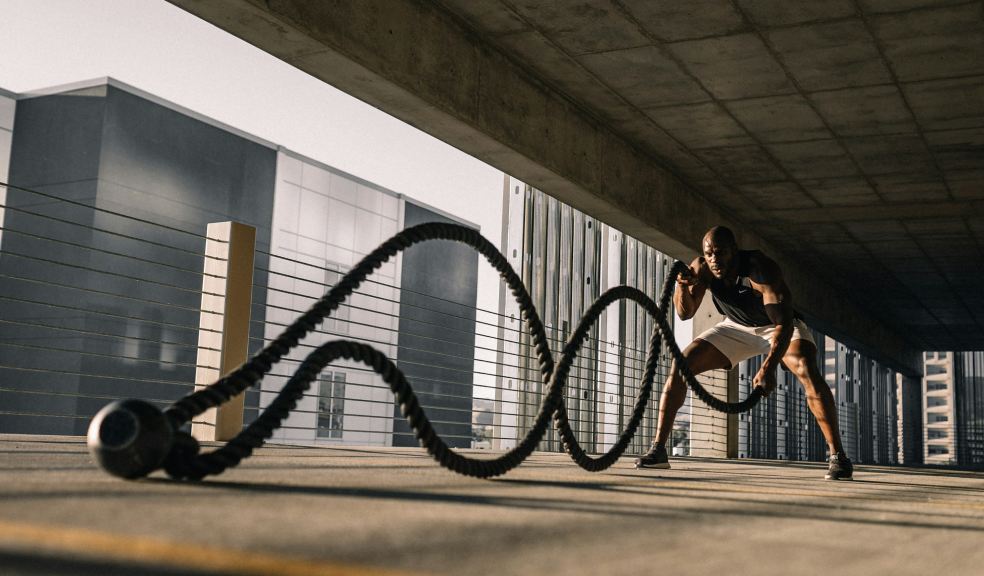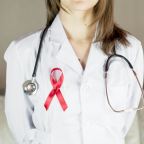
Holistic Ways to Recover After Working Out
When you work out hard, your muscles store their energy, and your body sweats out fluids and Nutrients. It can also damage muscle fibres, worsen inflammation, and weaken your immune system, making you more likely to get hurt, sick, or sore. The longer, harder, and more often you work out, the more likely these things will happen.
This is why it's so important to rest after working out. A good recovery practice can help your body repair broken muscles, speed up muscle recovery, and improve your strength and body composition. Exercise can also cause inflammation and suppress your immune system, which recovery practices can help mitigate.
Post-Workout Recovery Techniques:
You could try plant medicines and stress-relieving techniques if you're looking for natural ways to heal from workouts.
Improving healing after a workout is an essential part of exercise habits. Along with drinking water and relaxing, some athletes use elfliq because it may help them relax and ease muscle tightness after strenuous workouts. This all-around method goes well with a healthy exercise routine and helps with healing and efficiency.
Research shows that a healing practice can improve performance. According to the National Library of Medicine, here are ten good ways to heal after a hard workout!
-
Creatine:
One of the most researched chemicals by athletes is creatine, an amino acid found naturally in muscles. Studies show that creatine may help recovery by increasing glycogen resynthesis and muscle protein synthesis and decreasing delayed-onset muscle soreness. It also improves body structure and speeds up muscle growth by strengthening it.
Start taking 20 grams of creatine monohydrate every day for five days. After that, take 3 to 5 grams of it every day. You can get creatine from fish, meat, animal items, or pills (red meat - seafood).
-
Cherry Juice:
Cherries are full of vitamins and can help reduce inflammation. Research published by NIH shows that tart cherry juice can help athletes perform better and lessen pain, soreness, and inflammation. It speeds up the recovery process after strength and endurance training.
Drink eight to twelve ounces (one ounce if in extracted form) twice daily, four to five days before an event or hard workout, and two to three days after to help the body heal.
Do you know you can curb your nicotine cravings while enjoying delectable flavour notes? Yes, you heard it right: for flavour enthusiasts, many disposable vape kits like Elf Bar AF5000 Refill are introducing many mouthwatering flavours for smokers. This kit comes with cherry-infused flavours, meeting the needs of cherry lovers. Vaping is the best way to quit smoking while enjoying your favourite cherry and cherry-based flavours in a less harmful way. Isn’t it amazing?
-
Glutamine (L-glutamine):
Glutamine, a building block of muscle like creatine, can be taken as a supplement. Supplementing with glutamine has been shown to slow down strength loss, speed up strength repair, and ease muscle pain faster.
Glutamine pills, sometimes called L-glutamine, come in powder and tablet form. To help competitors heal, you can safely and effectively use doses between 0.21 and 0.42 g/kg daily.
-
Fatty Acids Omega-3:
Certain omega-3 fatty acids, like DHA and EPA, can help reduce inflammation, help muscles heal faster after exercise, and even reduce your risk of injury. Research on healthy people has shown that taking 2 grammes of omega-3s daily is a safe and effective way to lower inflammation. Taking 3 grammes of EPA and DHA daily can reduce muscle pain after exercise.
-
Turmeric/ Natural Ingredient:
The main chemical in turmeric is curcumin, which has many anti-inflammatory properties that may also help with healing. Research shows that taking 150–1,500 mg of turmeric daily may help your body heal from exercise and reduce fatigue afterwards. Are you a steak lover? If you're wondering, "What's the best way to cook a gammon steak?" you might consider adding turmeric to your recipe for an extra health boost.
A study by Health Line found that consuming turmeric before Exercise could reduce acute inflammation, and consuming it after exercise could decrease muscle damage and promote faster recovery. Mixing turmeric with black pepper or taking pills containing black pepper can enhance your body's absorption of curcumin by up to 2,000% and improve its effectiveness.
-
Re-Hydrate Yourself:
Bring yourself back up with water or a sports drink. Fluids are crucial in maintaining normal body function, delivering nutrients to tired body muscles and eliminating metabolic waste and toxins. Some studies have also shown that being dehydrated worsens muscle pain in the days after working out.
To recover properly, you aim to drink about 3 cups of water (24 ounces) for every pound of body weight you lose. If you don't prefer to weigh yourself before and after a workout, drink enough water to maintain pale yellow or light-coloured urine. Try an electrolyte-enhanced sports drink if you work out for more than 45 minutes, if it's hot and humid where you work out, or if you sweat a lot.
-
Take A Cool Bath:
Athletes often use cold water immersion (CWI) to recover faster after workouts. CWI is linked to several CWI can help with muscle soreness, tiredness, inflammation, and muscle damage after exercise. It also speeds up muscle recovery. Aside from helping muscles heal from workouts, a publication from Urban Ice Tribe shows that CWI also improves sleep, which is important for healing, too.
-
Massage With Warm Oil And Foam Roll:
Many players include massages as part of their recovery routine, and it's beneficial. Research shows that massage reduces DOMS and leads to small but noticeable increases in flexibility. What if you can't afford a sports massage after every workout? There is a more accessible and cheaper alternative. The latest study published by the National Library of Medicine indicates that daily foam rolling can also reduce fatigue and improve players' range of motion.
-
Take Enough Sleep:
A bad night's sleep can make you feel bad, impair motor skills, reduce alertness, make you tired before training, hurt your performance, slow healing, and make exercise more strenuous. Human growth hormone (HGH) levels are much lower in athletes who get less sleep. HGH is a hormone that helps in faster muscle growth and healing, bone growth, and fat burning.
Conversely, deep and extended sleep durations appear to enhance HGH production in the body. Experts say you should get between 7 and 9 hours of sleep every night for the best performance and healing. Elite athletes are advised to prioritise at least nine hours of sleep each night, treating it with the same importance as their training and nutrition.
-
Consider Sports Psychology:
Even though exercise primarily benefits mental health, it can sometimes fall short. Athletes and regular exercisers both experience long-term mental health challenges. These issues can stem from coping with performance anxiety, unrealistic standards, and injuries. Sports psychology can strengthen your mental resilience, enhance motivation, manage competitive stress, maintain exercise routines, and aid injury recovery.
These interventions can contribute to improved performance and faster healing. A sports psychologist can help you improve your mental and physical health. They may employ techniques such as meditation, setting goals, and positive self-talk to help you navigate difficult periods.
Final Words:
Recovery is an essential part of any exercise plan. Organic methods like plant vitamins, stress-relieving techniques, and CBD disposables can aid in healing. Rehydrating and refuelling within an hour of working out, taking supplements like creatine and omega-3 fatty acids, and receiving massages and cold baths are all excellent methods to support your body's recovery. By incorporating these practices, players can speed up their healing, alleviate muscle strain, and enhance their overall performance.













